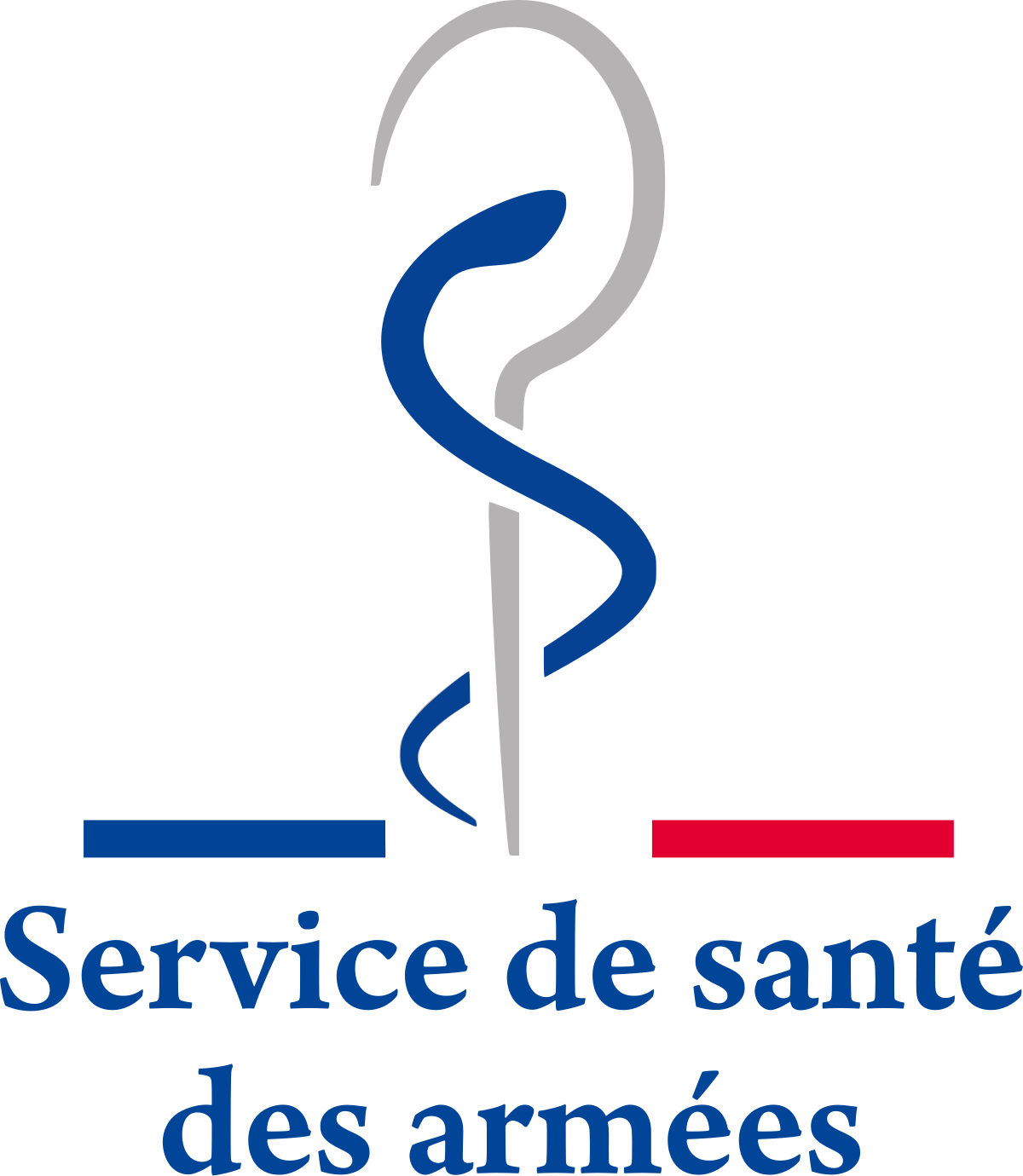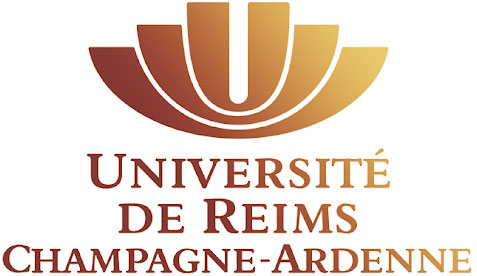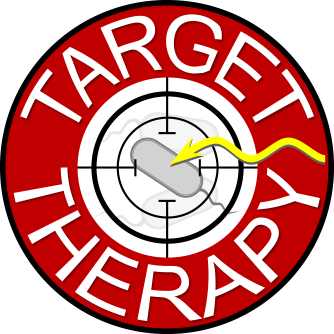
Context of Target-Therapy Project
Colonization of humans with antibiotic-resistant bacteria is one of the major health issues in the EU and worldwide with a huge impact on health costs and the wellbeing of affected patients.
Among these infections, so-called Healthcare Associated Infections or those associated to particular medical conditions, such as Cystic Fibrosis (CF) (OMIM 219700), are caused by bacterial pathogens, such as Staphylococcus aureus and Pseudomonas aeruginosa.
CF as an incurable, chronic disease, which causes irreversible damages to respiratory and digestive tracts, affects ~100,000 people worldwide. The extrapolated treatment costs exceed 1.5 billion US-$/year. Overall, in addition to the development of new classes of potent antibiotics and more targeted administration, new strategies of treatments that reduce or completely avoid the build-up of resistances are urgently needed. Particularly difficult to treat are persistent bacteria that colonize patients internally and may elude antimicrobials by hiding inside bacterial biofilms or in host cells.
Approaches to address infections inside patients, such as those associated to implants or particular organs, with high spatial and temporal resolution are hitherto unknown / underdeveloped. In this context, pneumonia is one of the most severe infectious complications, especially in hospital settings and ventilated patients accompanied by the presence of MDR bacteria, in particularly the WHO priority-1 pathogen P. aeruginosa.
The key challenge for treatment of CF is that the bacteria reside in a bacterial biofilm in the lung, where bacteria are protected from administered antibiotics. An additional complication is the pronounced CF-typical mucus, which acts as a barrier layer. Until now eradication of pulmonary infection after chronic P. aeruginosa lung colonization is generally not possible.





